Refine
Date Range Clear
Recorded by Clear
Keywords Clear
Partnerships Clear
Organizations Clear
Places Clear
- AGU 2018 Fall Meeting 168
- Washington DC 166
- AGU 2019 Fall Meeting 22
- San Francisco 20
- Bay Area 11
- 105 more
Languages Clear
Initiatives Clear

Ozzie talks about his space travel dreams, becoming interested in space, and his love of his ham radio.
Anne Quidez interviews her father, Bernardo Quidez, about his career and research over the years. They talk about how science and data analysis have changed, becoming more accessible to students, and about Bernardo’s experiences in working for the government to...
Dr. Claire Parkinson, senior scientist at NASA's Goddard Space Flight Center since 1978, discusses using satellite data to monitor sea ice in the Arctic and Antarctic and serving as project scientist for the NASA satellite Aqua, which makes measurements of...
Laurie Brown, Professor Emeritus at the University of Massachusetts, has been a member of AGU for 46 years. She shares her observations on the growth of paleomagnetism at AGU and its importance in helping address climate. She also discusses how...
Environmental chemist Marc Kramer, Washington State University, has spent an inordinate amount of time talking and climate and weather in the rural parts of your nation. As he says in this interview, “there isn’t a single farmer who isn't interested...
Hal Maring once risked his life for a box of fog. The physical scientist at NASA Headquarters was once on a New Zealand research cruise in the Tasman Sea when the vessel hit bad weather. They took down some of...
Jack Kaye, associate director for research at NASA's Earth Science Division, discuss his origins as a chemist and earth scientist, and how he was recruited to Goddard to be a chemist among meteorologists. "My boss would advertise me as his...
Putting up tall PVC pipes with pointy sensors to measure electrical fields in an approaching lightning storm may seem reckless, but it’s all part of the job for Timothy Lang. The NASA research scientist spends a lot of time in...
Clouds are among the most unpredictable components of climate models. But Norman Loeb is working hard to sort out the shape of cloud patterns in order to improve the accuracy of long-term weather predictions. As far as understanding how all...

Weena (34) interviews her grandparents, Margaret (85) and John (88), about how they grew up and how they met at NASA.
Dr. Amber McCullum is an Applied Research Scientist for the Bay Area Environmental Research Institute (BAERI) at NASA Ames who is currently co-developing a drought tool with the Navajo Nation Department of Water Resources that includes remote sensing and ground-based...
When it comes to data archiving, Michele Thornton has you covered. As a Geospatial Data Professional for ORNL-DAAC, Michele ensures that NASA funded research is accessible not only to researchers out in the field but to a larger user community...
Jaida Elcock says she thrives in chaos. And we’re inclined to believe her. From her ridiculously entertaining TikToks on animal facts, to her work with the non-profit Minorities in Shark Sciences (oh, did we mention she’s currently pursuing her Ph.D.),...
Gael Cascioli is a planetary scientist at NASA’s Goddard Space Flight Center where he focuses on planetary geodesy — the measuring of the gravity field and shape of a planet — and is working on the upcoming VERITAS mission which,...
Giovanni Fazio is a senior physicist at the Center for Astrophysics Harvard-Smithsonian. In his decades-spanning career, he has been instrumental in several observational programs, from his work studying gamma rays using balloon-borne telescopes to his time as the Principal Investigator...
A family remembrance of General Brickle, from his daughter Mary and grandson James Anderson
In the summer of 2015, Bob Conover led a team of 12 volunteers to restore a 50-year-old Ranger spacecraft at the California Science Center. Bob is a retired JPL engineer who originally worked on the Ranger at JPL in its...
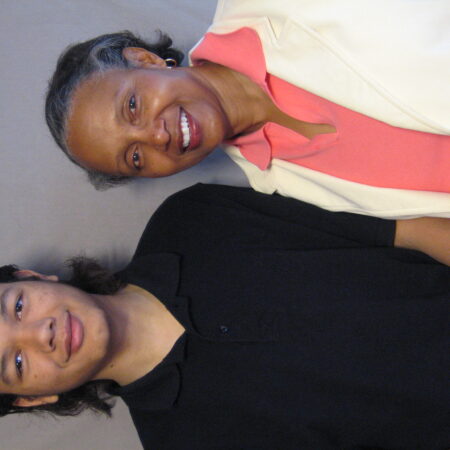
Jesselle (61) interviews her son, Erik (18), about his struggles with Asperger’s syndrome and Bipolar disorder.
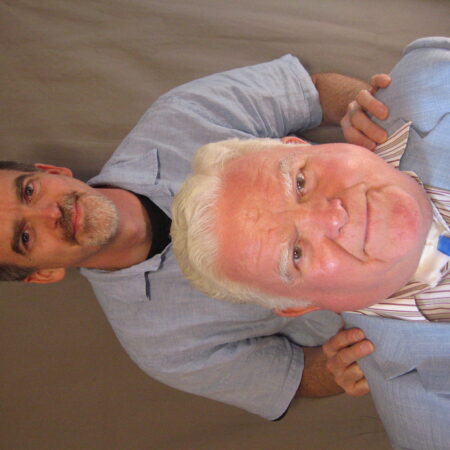
Bill talks to his son about his career in the military before he was forced to change careers. His subsequent life as a civil engineer allowed him to stay closer to his family.
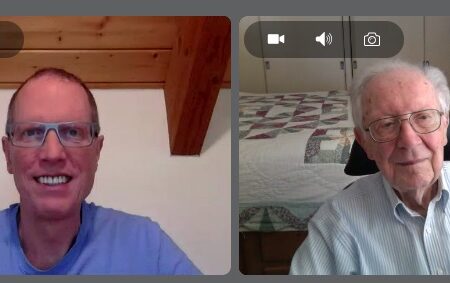
Jonathan Karpoff (63) interviews his father, Fred Karpoff (98), about his experiences with social justice efforts, anti-Communist sentiments and his hopes for the future.

Andrew Agustin (19) sits down to have a chat with his dad, Roy-Alan Agustin (55), about his long career in the Air Force.
Dr. Rama Nemani, Senior Earth Scientist at the NASA Ames Research Center, works on ecological forecasting. In this interview, we discuss how Rama’s career trajectory moved from farming to supercomputing, NASA Earth Exchange (NEX), the difference between simulation modeling and...
How can scientists tell the story of science so that the public listens and understands? Dwayne Brown is the Senior Communication Officer for the Science Directorate at NASA and works with hundreds of scientists to communicate their ideas on television,...
Dr. Matthew Johnson's research is in atmospheric chemistry, a branch of atmospheric science, which looks at the composition and chemistry of Earth's atmosphere, such as aerosols and trace gas emissions, and how particles may impact human health. Dr. Johnson's research...

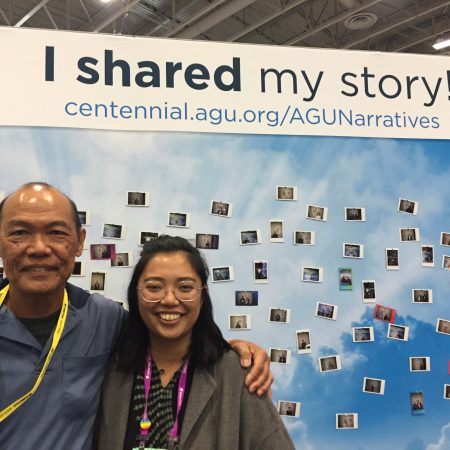

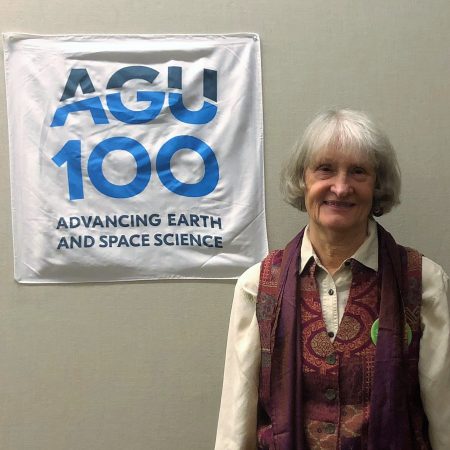
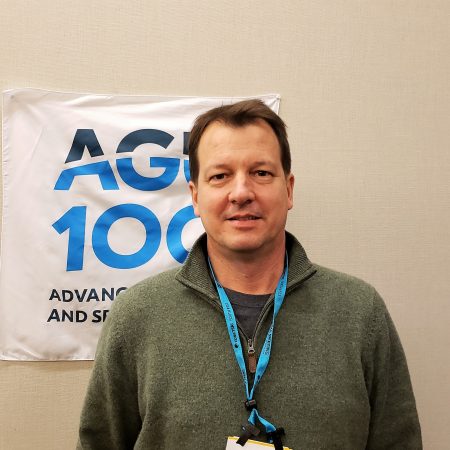
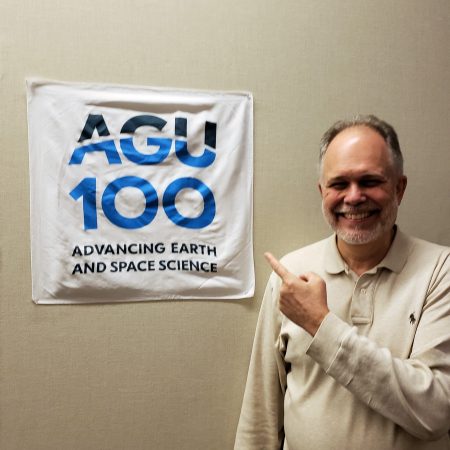



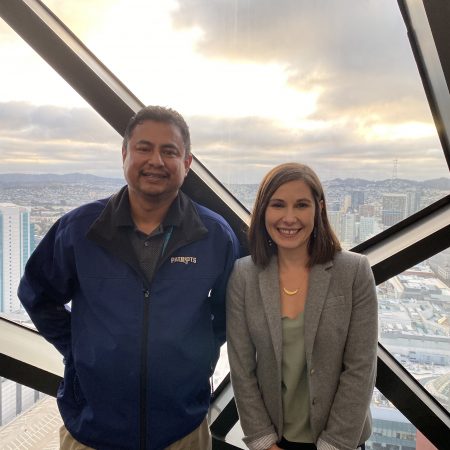
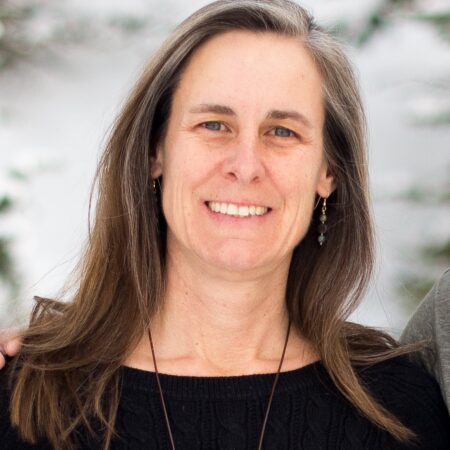


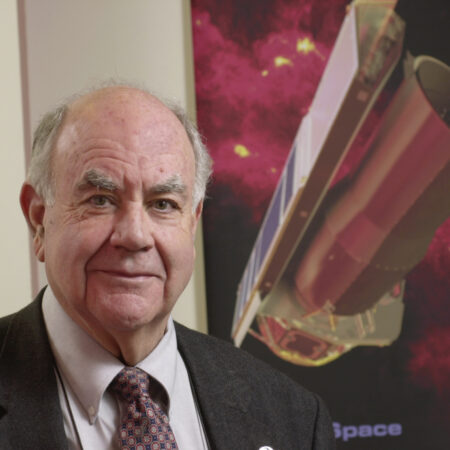
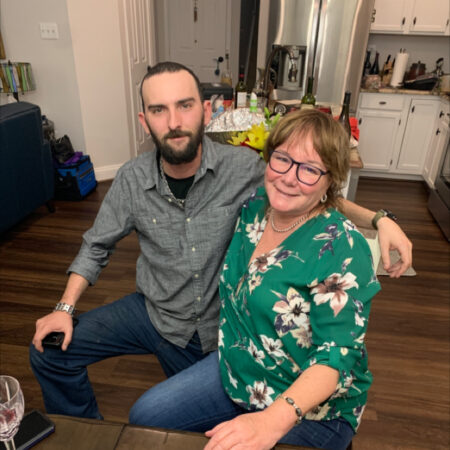
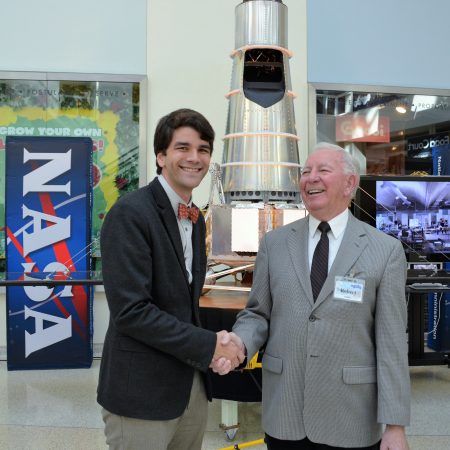
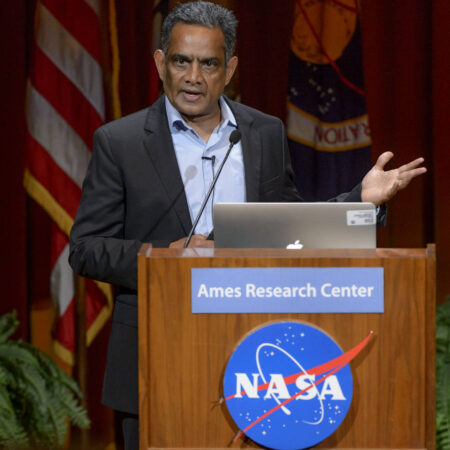
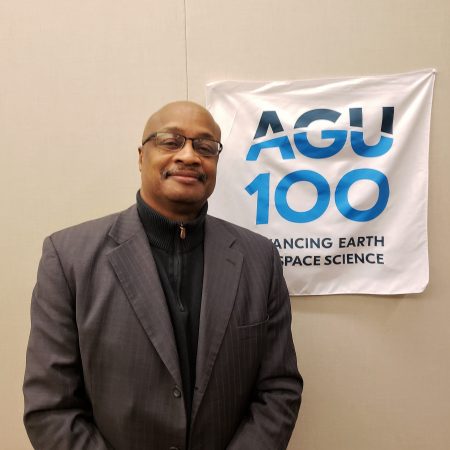
!["If you really enjoy it [science], all the work will be worth it." An interview with Matthew Johnson.](https://archive.storycorps.org/uploads/2021/02/6038002972612__M.Johnson_ceremony_pic_2020.11.11_submit_PROFILE-450x450.jpg)